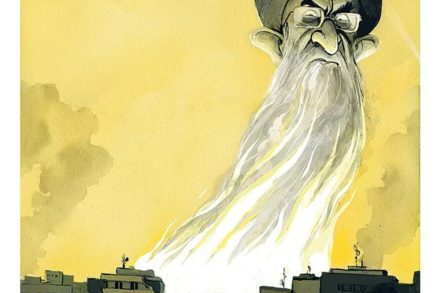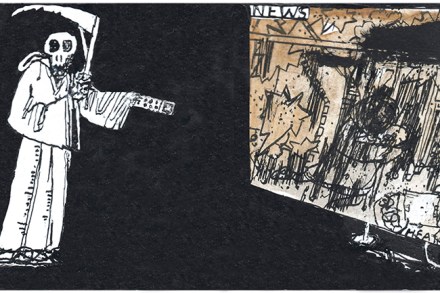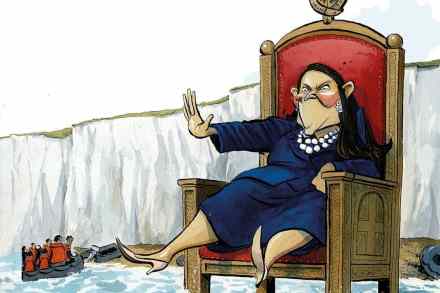Portrait of the week: tax cuts, hostage releases and highly rated horses
Home Rishi Sunak, the Prime Minister, said, ‘We can now move on to the next phase of our economic plan and turn our attention to cutting taxes,’ having seen a reduction in inflation. Jeremy Hunt, the Chancellor of the Exchequer, followed suit in the Autumn Statement, cutting personal taxes. The government was to make changes to long-term benefits. The minimum wage, known officially as the National Living Wage, currently £10.42 an hour for those over the age of 23, will rise to £11.44 an hour for those over 21 from next April. The government also drew attention to £8.3 billion allocated to mending potholes, money purportedly saved from the curtailment




















